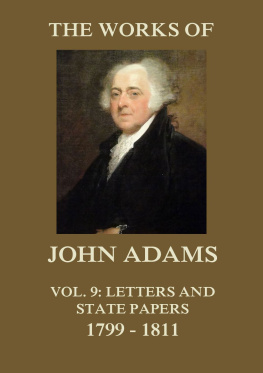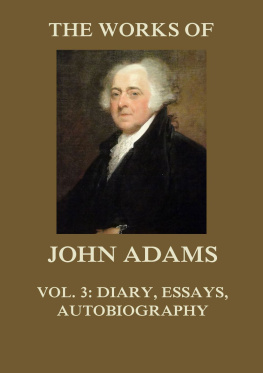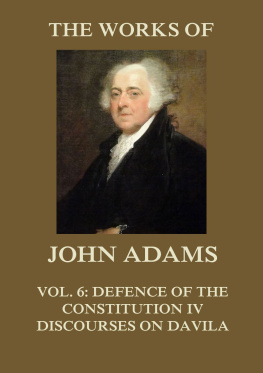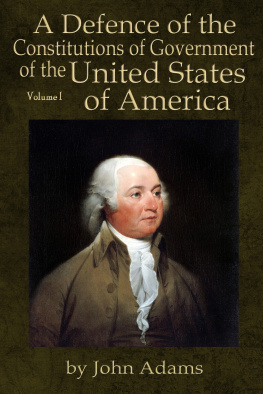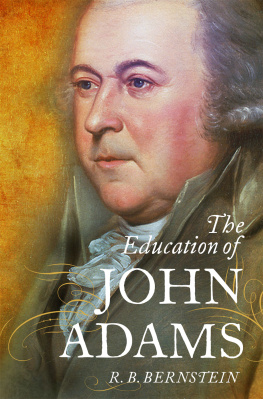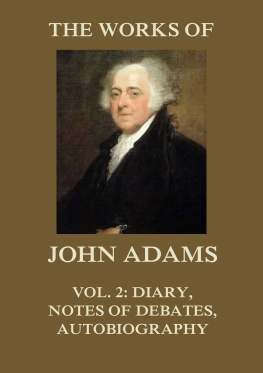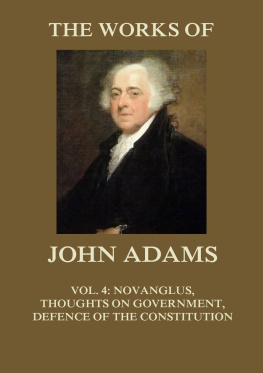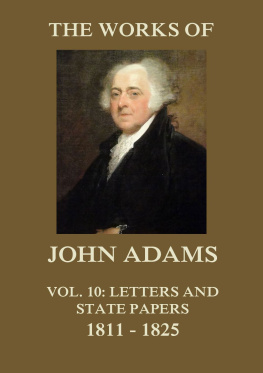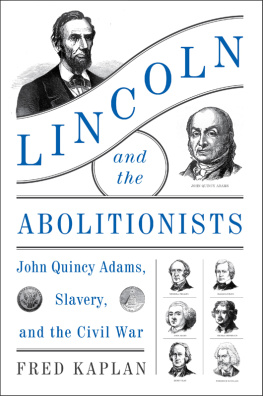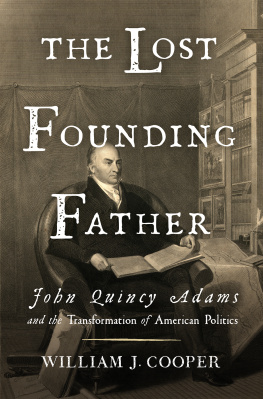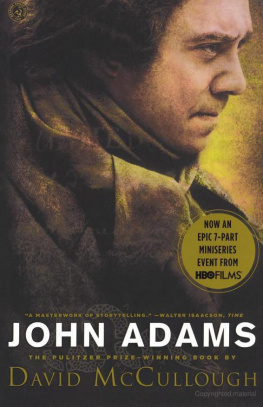PUBLIC PAPERS. CONTINUED.
TO O. WOLCOTT, SECRETARY OF THE TREASURY.
Quincy, 23 July, 1799
Sir,
Inclosed is a letter from Mr. Thaxter, relative to the light-house on Gay Head. I shall soon send you a drawing, if not a model, of an economical improvement of these lights, of Mr. Cunnington, which appears to me, but I may be mistaken, of greater importance than the great question, who shall be the keeper of one of them.
T. PICKERING, SECRETARY OF STATE, TO JOHN ADAMS.
Philadelphia, 24 July, 1799
Sir,
There is in the Aurora of this city an uninterrupted stream of slander on the American government. I inclose the paper of this morning. It is not the first time that the editor has suggested, that you had asserted the influence of the British government in affairs of our own, and insinuated that it was obtained by bribery. The general readers of the Aurora will believe both. I shall give the paper to Mr. Rawle, and, if he thinks it libellous, desire him to prosecute the editor.
I do not know a member concerned in the administration of the affairs of the United States, who would not indignantly spurn at the idea of British influence; and as to bribes, they would disdain to attempt a vindication from the charge.
The article in the paper, marked 5, of an acknowledgment in my writings, that in case of a war with Great Britain, a foreign war is not the only one to be dreaded, probably refers to my letter of 12th September, 1795, to Mr. Monroe, in which, vindicating our state of neutrality and the British treaty, and exhibiting the evils to flow from a war with Great Britain, I say that in that case it would be happy for us if we could contemplate only a foreign war, in which all hearts and hands might be united.
The editor of the Aurora, William Duane, pretends that he is an American citizen, saying that he was born in Vermont, but was, when a child, taken back with his parents to Ireland, where he was educated. But I understand the facts to be, that he went from America prior to our revolution, remained in the British dominions till after the peace, went to the British East Indies, where he committed or was charged with some crime, and returned to Great Britain, from whence, within three or four years past, he came to this country to stir up sedition and work other mischief. I presume, therefore, that he is really a British subject, and, as an alien, liable to be banished from the United States. He has lately set himself up to be the captain of a company of volunteers, whose distinguishing badges are a plume of cock-neck feathers and a small black cockade with a large eagle. He is doubtless a United Irishman, and the company is probably formed to oppose the authority of the government; and in case of war and invasion by the French, to join them.
I am, with great respect, &c.
Timothy Pickering.
TO J. McHENRY, SECRETARY OF WAR.
Quincy, 27 July, 1799
Sir,
I have received your letter of the 20th, and have no objection to the plan you propose of raising a company of cavalry. Our means! Endnote 002 I never think of our means without shuddering. All the declamations, as well as demonstrations, of Trenchard and Gordon, Bolingbroke, Barnard and Walpole, Hume, Burgh and Burke, rush upon my memory and frighten me out of my wits. The system of debts and taxes is levelling all governments in Europe. We have a career to run, to be sure, and some time to pass before we arrive at the European crisis; but we must ultimately go the same way. There is no practicable or imaginable expedient to escape it, that I can conceive.
TO T. PICKERING, SECRETARY OF STATE.
Quincy, 1 August, 1799
I have received your favor of the 24th of July, inclosing an Aurora of July 24th, imbued with rather more impudence than is common to that paper. Is there any thing evil in the regions of actuality or possibility, that the Aurora has not suggested of me? You may depend upon it, I disdain to attempt a vindication of myself against any of the lies of the Aurora, as much as any man concerned in the administration of the affairs of the United States. If Mr. Rawle does not think this paper libellous, he is not fit for his office; and if he does not prosecute it, he will not do his duty.
The matchless effrontery of this Duane merits the execution of the alien law. I am very willing to try its strength upon him.
T. PICKERING TO JOHN ADAMS.
(Private.)
Philadelphia, 1 August, 1799
Sir,
The day before yesterday I received from Mr. Charles Hall, of Northumberland county, in this State, a letter concerning a publication by Thomas Cooper, an Englishman, and a connection of Dr. Priestley, addressed to the readers of the Sunbury and Northumberland Gazette, on the 29th of June. Endnote 003 This address has been republished in the Aurora of July 12th, which I now inclose.
By Mr. Halls information, Cooper was a barrister in England, and, like Dr. Priestley, a chemist, and a warm opposition man. Dr. Priestley was at the democratic assembly on the 4th of July, at Northumberland. But what is of most consequence, and demonstrates the Doctors want of decency, being an alien, his discontented and turbulent spirit, that will never be quiet under the freest government on earth, is his industry in getting Mr. Coopers address printed in handbills, and distributed. This, Mr. Hall adds, is a circumstance capable of the fullest proof. Cooper has taken care to get himself admitted to citizenship. I am sorry for it; for those who are desirous of maintaining our internal tranquillity must wish them both removed from the United States.
It is near a year since you authorized the expulsion of General Collot and one Schweitzer. Colonel Mentges, who was engaged (while I was at Trenton) in getting information of Schweitzers names and conduct, kept me long in suspense until at length he informed me that General Serrurier was in the country in disguise. I then thought it best not to give an alarm to him by arresting the other two. But after months of suspense, while inquiry was making, I was satisfied the information concerning Serrurier was groundless. Then so many months had elapsed, and the session of Congress commenced, when other business pressed, the pursuit of these aliens was overlooked. Colonel Mentges now informs me that Schweitzer is about to embark for Hamburgh; but Collot remains, and is deemed as much as ever disposed to do all the mischief in his power. He remains a prisoner of war to the British; and it would seem desirable to compel him to place himself under their jurisdiction, where he could do no harm.
M. Letombe not only exercises those services, which, on the withdrawing of his exequatur, he requested permission to render to his fellow-citizens in this country, but assumes and uses the title of Consul-General of the French Republic, just as he did formerly. He held the purse-strings of the republic in this country, and paid the bribes ordered by the French Minister Adet; the minister being gone, he is probably vested with powers adequate to the object. With much softness of manners, he is capable of submitting to, and doing, any thing corruptly which his government should direct.

